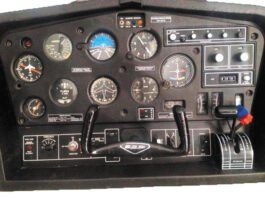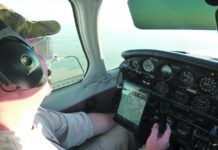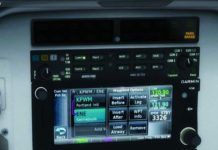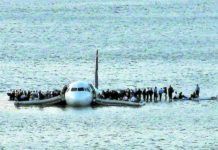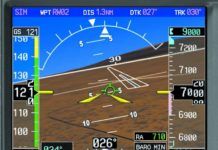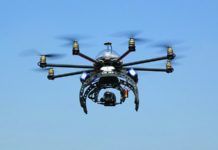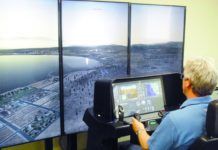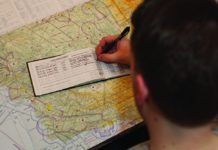Currency Reflections
Some of you might recall that almost two years ago I retired as an airline captain. Then, due to various circumstances both in and out of my control, I took a year hiatus from all self-piloted flight. The result was some serious catching up to do to get ready to fly my own personal flivver. Being an opportunistic magazine editor, I used that need to also create a number of articles for the magazine about the process.
I Want My GPS
We need completely realistic virtual avionics. Ive been ringing this bell for a decade now and have achieved exactly nothing. Simulator training for real-world pilots is crippled without them. Pilots cant practice the buttonology, which atrophies even faster than a six-pack scan. Pilots also want their own panels to fly virtually. I say thats one of the biggest barriers to expanding the use of simulation.
Sully-a Hero?
Its been a long time since I provided any primary flight training. But as I recall, once it appears that the student will, in fact, stick with the training long enough to attempt solo flight and hopefully go on to obtain their private pilot certification, we start teaching them in earnest how to handle a power failure. Then, power failures remain an important part of our training for most of the rest of our flying careers.
Deflated Ego
A few months back I admitted here that Id not flown in a year, but was correcting that shortcoming. My ego told me I was a retired airline pilot with many thousands of hours, who had been flying over 75 hours a month, so returning would be no big deal and Id easily do it. The editor in me considered the more responsible, conservative and methodical approach I would espouse in writing. Fortunately, the more conservative path won out.
Flight Database Update Costs
While that statement naively looks solely at the cost of distribution, ignoring the cost of development and maintenance, theres also some validity to it. After all, with paper were not only paying all the back-end costs, but also the cost of printing and distribution. Shouldnt the data alone be a lot cheaper? And with multiple devices that use that data, why should we have to purchase multiple copies? Shouldnt there be one aircraft data subscription shared across all the devices?
Small World
Aviation is a small world; there are a limited number of topics on which one can write. Additionally, journalism is a specific enough trade that when you combine it with aviation, you have a very small world indeed. Thus, its inevitable that there occur certain overlaps and (gasp!) even certain duplications. Granted, this one innocently went too far, but just how many unique articles can be written about a single, odd approach without covering the same ground?
Losing Interest?
Why do we fly? Are we so shallow a species that for many of us the reason is the excitement, the unique specialness? With that diminishing, are we so superficial that we give up flying? There are, of course, many motivations for potential and ongoing aviators. For some people, flying is simply a job. I really feel sorry for those unfortunate souls.
Here Come the Drone NOTAMS
While reports of drone near-misses from airline pilots at major airports tend to be sensational, most of us believe that for small consumer-grade drones that weigh less than a pound, the safety risk is similar to wildlife strikes, which occur daily, NOTAM or no NOTAM.
Pilots, Refresh Your GA Training!
I havent flown in a year. There, I admitted the embarrassing truth. Shame on me. Its time to rejoin GA, which Im starting through some recurrent training. In March I wrote here in strong support of cockpit-specific training-something I also needed. You see, my airplane has a lot of cool toys Ive yet to really master. Garmin kindly offered to train me on the primary combination and it was an eye opener.
(Self) Restricted IFR
Reader Durocher went on to point out that many countries have varying levels of Instrument certification/licensing. While each level is permitted some IMC flight, only the most advanced levels get the same capabilities the U.S. offers a private pilot with an instrument rating. The idea is to provide basic instrument flight training without the intricacies of departures and approaches, then permit IMC flight only enroute, with VMC-only take-offs and landings.
Technically Advanced Aircraft Endorsements
The FAA often lags high-tech innovations. When the Advanced Avionics Handbook first came out, many of us were already flying glass. Yet, Technically Advanced Aircraft (TAA)-essentially, aircraft with a navigator and moving map-raise critical questions, from how we update and maintain the stuff to how we train and use it.
Practical Logging
On the heels of the controversy about logging time in a simulator, the FAA has given us an InFO that unequivocally provides clear guidance about when we can log an approach. Thats guidance that weve been lacking, so were glad to see it.




